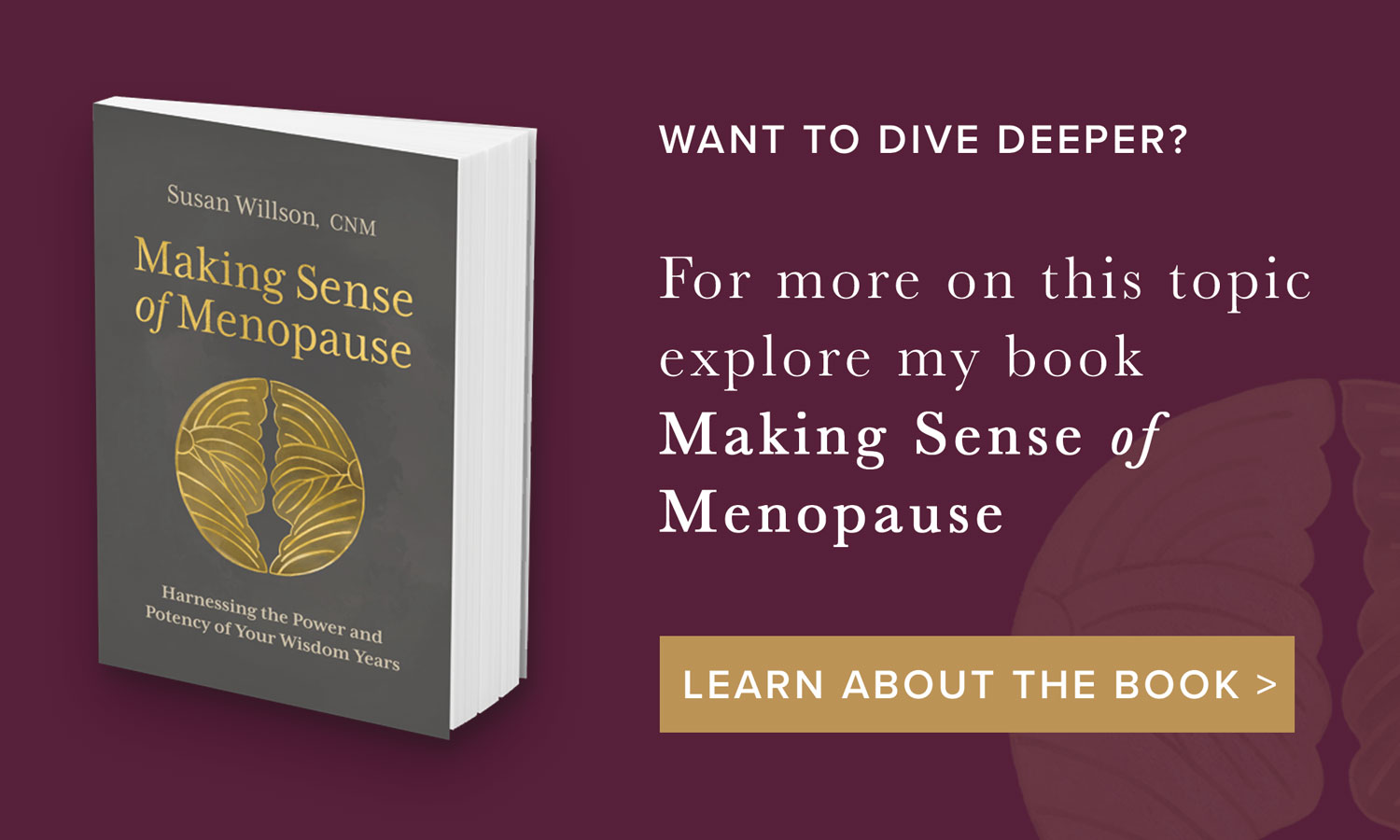How Our Earliest Experiences Shape Our Menopause
I remember my grandmother saying to me, in her eighties, that when she looked in a mirror, she was always startled...because inside, she still felt like she was sixteen. I was in my twenties at the time, so while I thought it poetic, I couldn't really understand what she was saying. In my sixties, I did. Time is a slippery thing. Our younger selves still live within our aging bodies. Our memories rise up and bring with them all of the emotions and felt effects in our bodies that were present the first time around. Cellular memory is real. Sometimes, this can be a very positive thing, reminding us of our strengths and of what enlivens us. At other times, and this is often true during times of change, we tend to lose our grounding and revert to dysfunctional patterns that may have worked for us before, but no longer serve us.
So, while it may seem counterintuitive to look back to our gestation, infancy and girlhood for clues as to how to navigate our menopausal years, our individual stories as to how we will experience menopause begin there. In fact, our story begins three months before our conception, as the egg that will become us, begins the gene sequencing that will ensure survival in the world into which we are being born. Each phase of our lives - from infancy to girlhood, puberty through our first relationships, our menstrual cycles, and how we feel about ourselves as women - all fit together, each phase building upon the next, and any trauma or unfinished business in one stage carries over into the next. Understanding the path of our individual journeys as women, and untangling ourselves from the various roles and identities we have inhabited in our lives up to this point, goes a long way toward bringing us to a place of authenticity and thriving during our menopause.
Looking at how our identity as a woman was formed, whether or not we were supported as we became sexual beings, what makes us feel valuable, are all important as we approach menopause. If our identity as a woman is based on the reflections of others, or if we have unresolved traumas from earlier stages of life, we are more susceptible to the distortions of the culture that tell us that we are no longer valuable because we are aging or can no longer have children.
So, in order to navigate our menopause, we must also understand the earlier phases of our lives and how they connect to what is happening now. This strongly impacts what kind of menopause we will experience, even more than our genetics. Catching up to present time is a very important task at menopause for these reasons. In the West African language of Sakan, there is a word, Sankofa, which describes this beautifully. It means returning to the past in order to move forward.
Our girlhood and experiences as young women, will always live within us and inform us. When they are integrated, they can become nourishment, rather than drawing us back to earlier dysfunctional patterns. For more, see Making Sense of Menopause, where there are sections of self-inquiry for each of the stages of our lives as women, to help you honor your own story, and catch up to present time.

